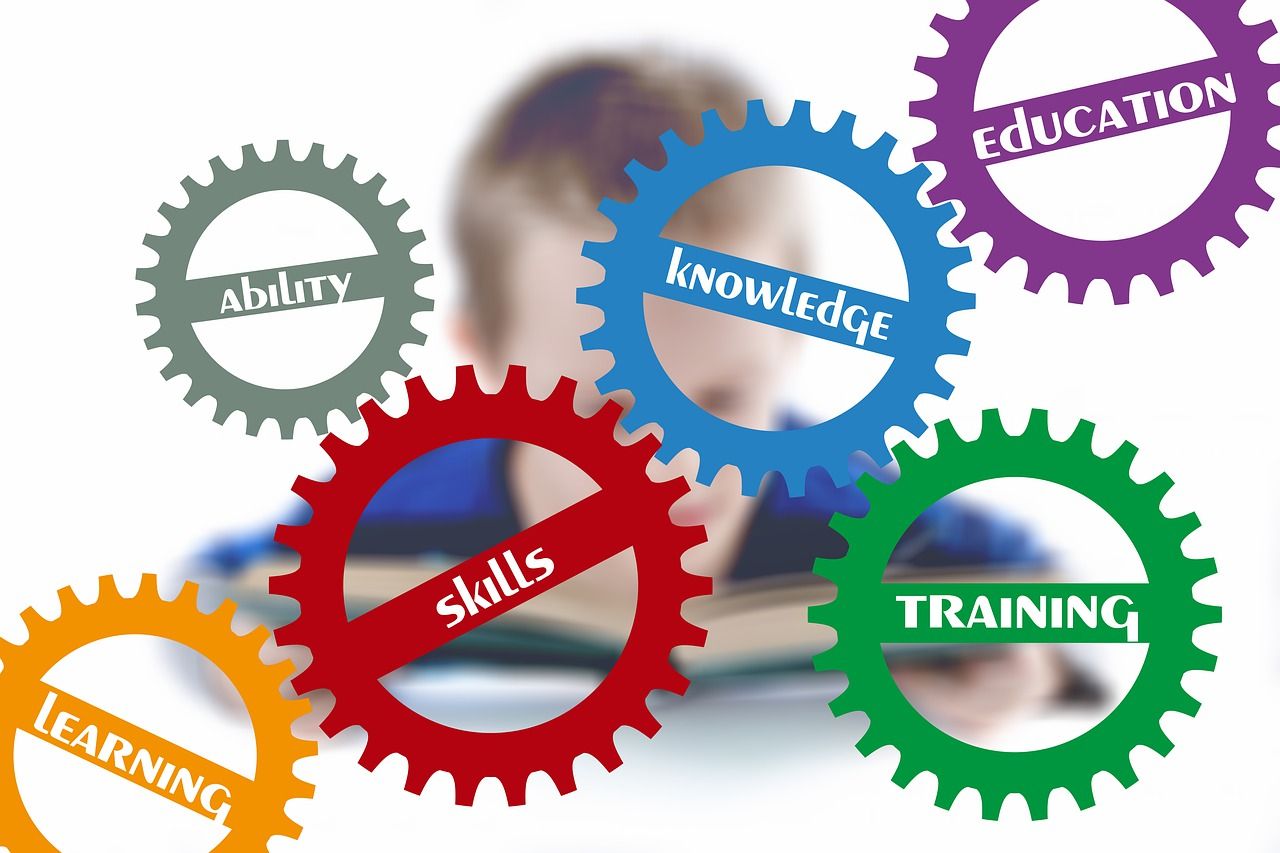The Four Essential Skills of Language Learning
Language learning is often compared to building a house; you cannot live comfortably in it if one side is missing.
16-08-2025Voice assistants and Natural Language Processing together are transforming how we interact with technology.
Voice assistants have become an indispensable part of modern life, transforming how we interact with technology. In the last decade, voice assistants have moved from being futuristic innovations to becoming everyday companions. Whether it’s asking Siri to set a reminder, telling Alexa to play music, or getting directions from Google Assistant, millions of people now interact with their devices simply by speaking. Natural language processing (NLP) is at the centre of this transformation. NLP enables machines to understand, interpret, and generate human language, allowing voice assistants to perform tasks, answer questions, and even exhibit creativity. Let’s take a step further to understanding this.
Voice assistants are AI-powered software programs that can process spoken language, recognise commands, and perform tasks or provide information in response. They are embedded in smartphones, smart speakers, cars, and even home appliances. Popular examples include Apple’s Siri, Amazon’s Alexa, Google Assistant, and Microsoft’s Cortana. These systems make life easier by allowing users to perform tasks hands-free and more naturally than typing or tapping. You can use a voice assistant to send messages, check the weather, control smart home devices, and much more, all through conversational interaction.
It doesn’t make sense to speak to an inanimate object, and it responds in speech and action; it looks more like magic than reality. The magic behind voice assistants is made possible by Natural Language Processing, which bridges the gap between human language and machine language. NLP combines linguistics, computer science, and AI to enable computers to understand the structure and meaning of language.
1. Speech Recognition: The assistant listens to the spoken words and converts them into text. This process, called Automatic Speech Recognition (ASR), handles various accents, pronunciations, and even background noise. 2. Natural Language Understanding (NLU): Once the speech is converted to text, the system interprets what the user means. This involves parsing grammar, identifying keywords, detecting intent, and extracting relevant information. 3. Natural Language Generation (NLG): After understanding the query, the assistant formulates a coherent and natural response in spoken or written form. 4. Text-to-Speech (TTS): Finally, the response is converted from text back into spoken words, creating a seamless conversational experience.
NLP significantly enhances voice assistants in multiple ways: • Improved Accuracy: Voice assistants interpret commands more precisely, even when users speak with different accents or use complex sentences. • Multi-language Support: NLP allows voice assistants to comprehend and respond in multiple languages. • Enhanced User Experience: The ability to engage in natural, conversational dialogue transforms user interaction from rigid commands to fluid conversations, making technology more accessible and intuitive. • Increased Efficiency: By quickly understanding and executing spoken requests, voice assistants save users time and streamline everyday tasks.
Despite impressive progress, voice assistants still face challenges such as accurately interpreting diverse accents, resolving ambiguous queries, and handling complex language structures. Continued advancements in NLP, including deeper contextual understanding and improved machine learning models, are expected to overcome these hurdles, making voice assistants even more intelligent and user-friendly.
Voice assistants and Natural Language Processing together are transforming how we interact with technology. By making machines more conversational, intuitive, and responsive, they bring us closer to seamless, human-like communication with computers. As NLP research progresses, we can anticipate even smarter, more empathetic, and more helpful voice assistants in the years to come.
Spread the Knowledge! 🚀
Found this article useful? Click the Share button below and let others benefit too!

Language learning is often compared to building a house; you cannot live comfortably in it if one side is missing.
16-08-2025
Language learning is hard, and the fact that you're still on the path is a victory in itself.
29-07-2025
Do you know that Learning a New Language Delays Dementia?
25-07-2025